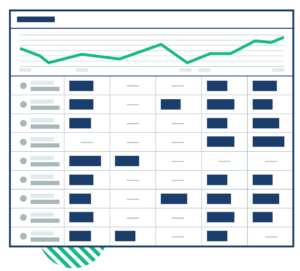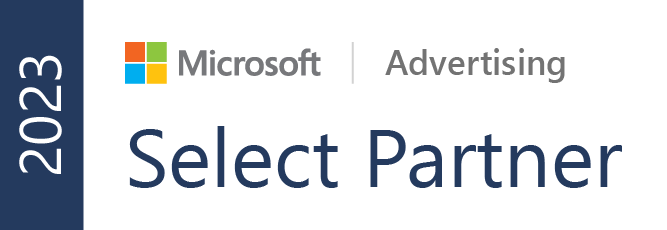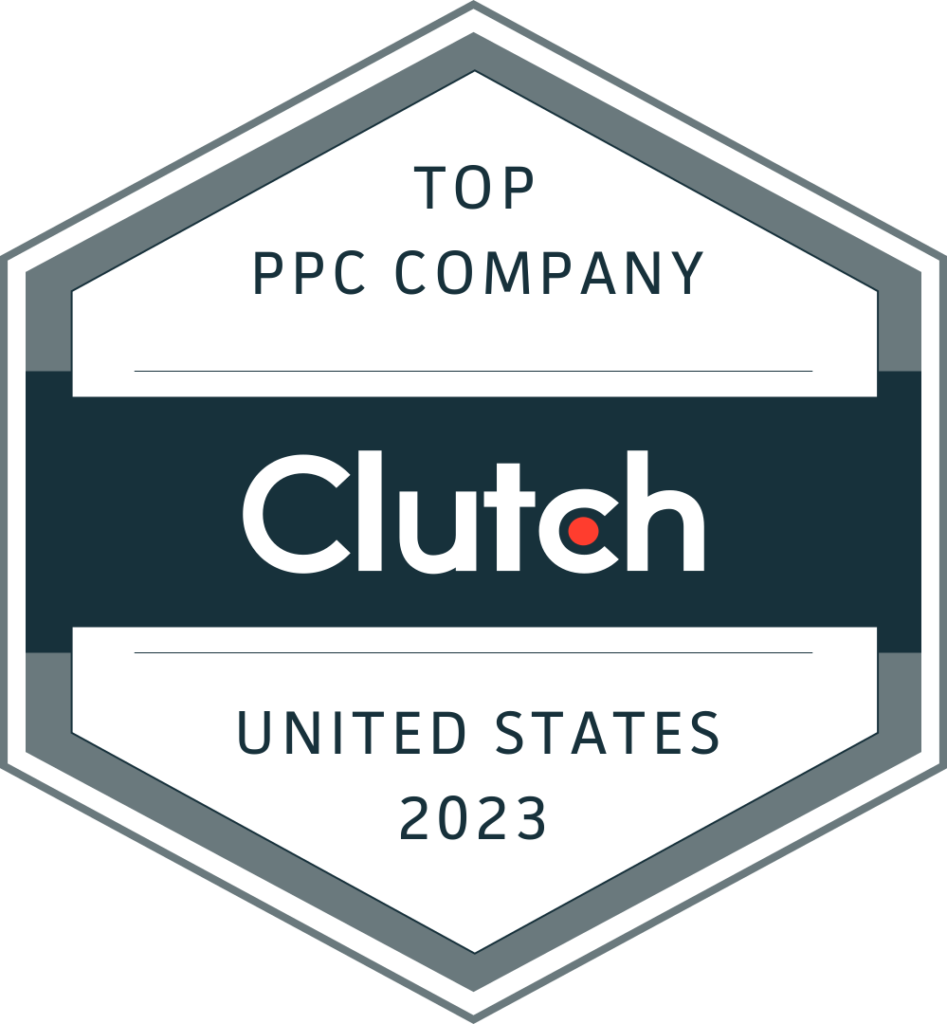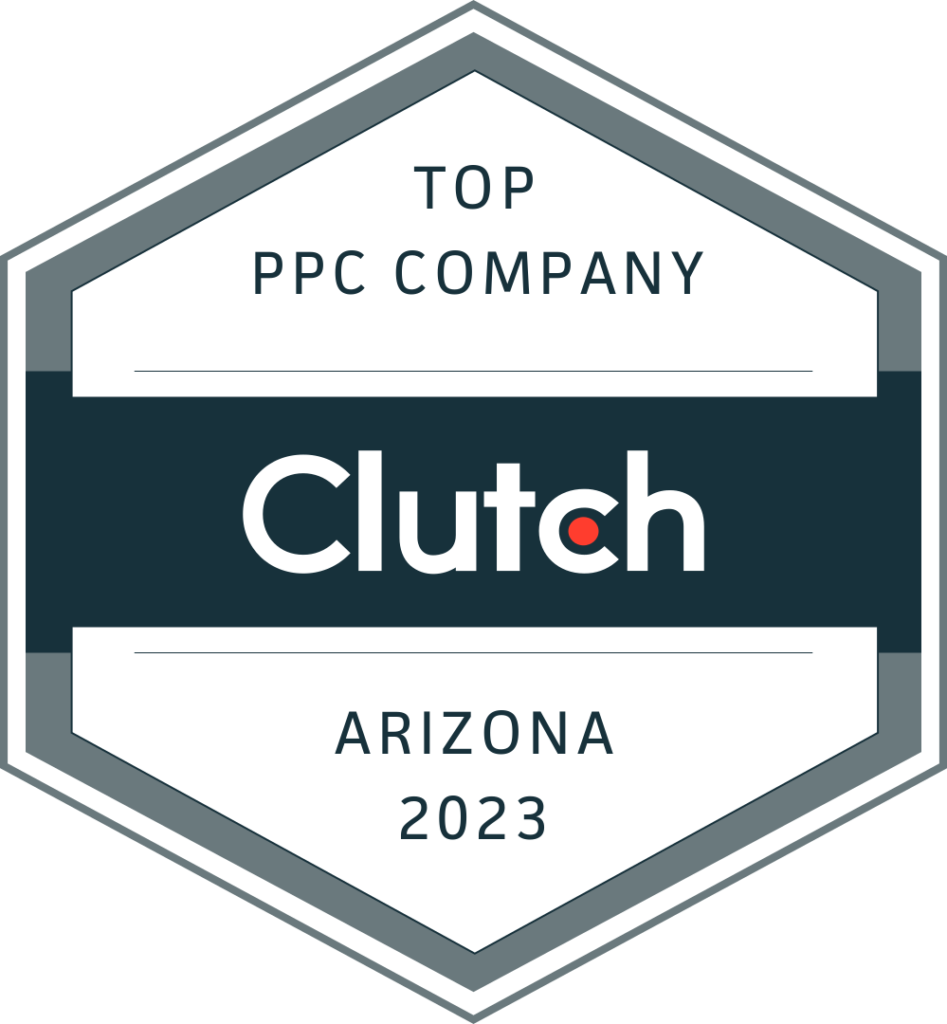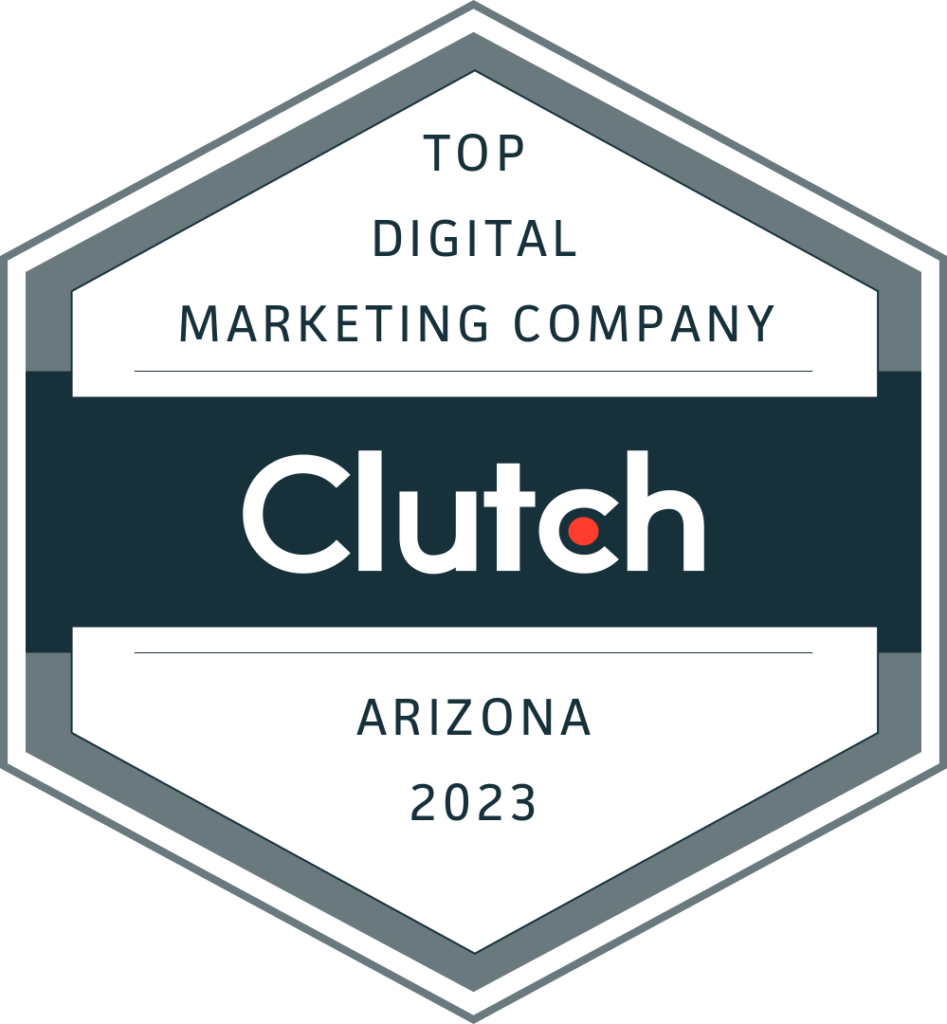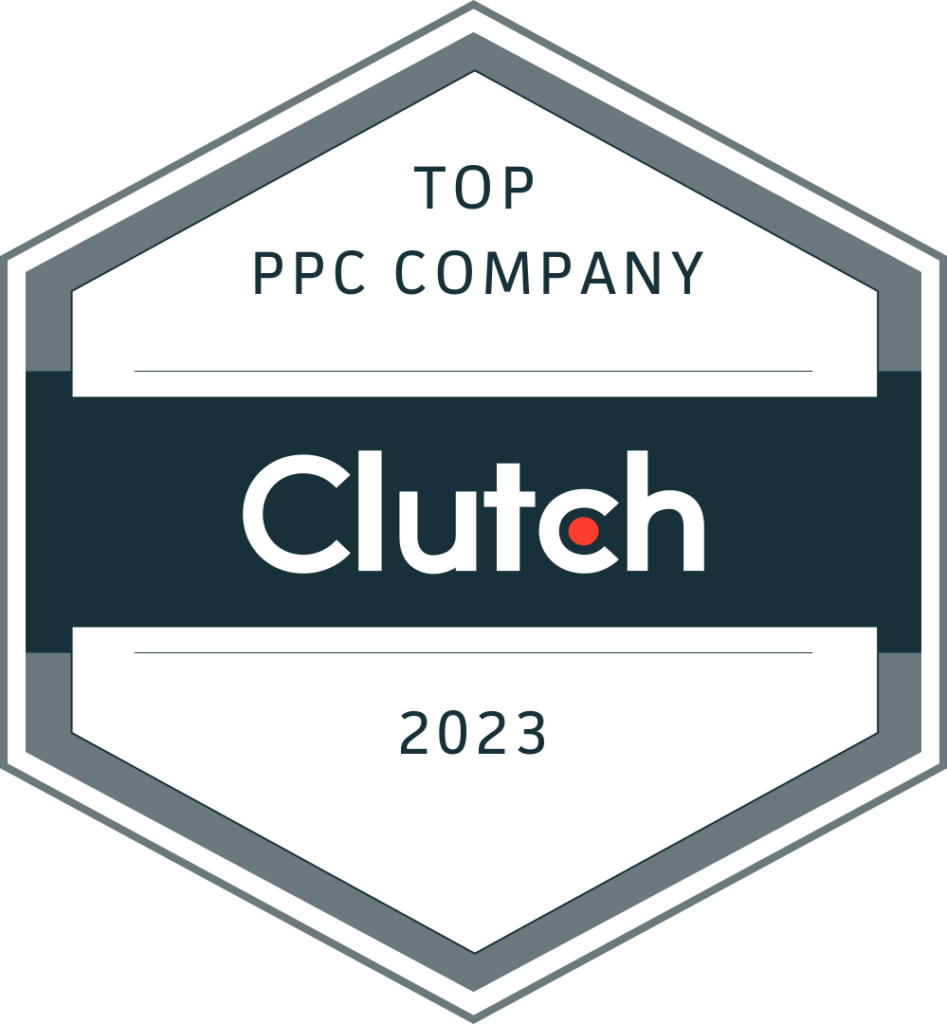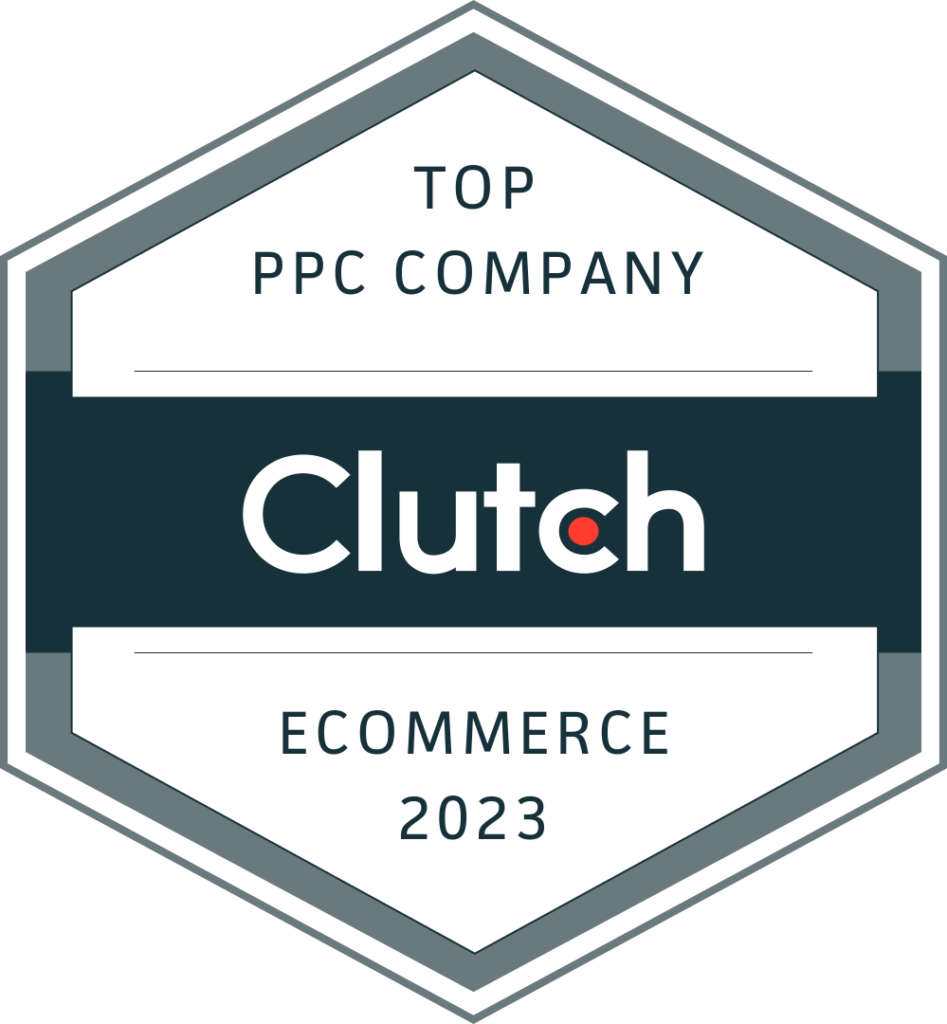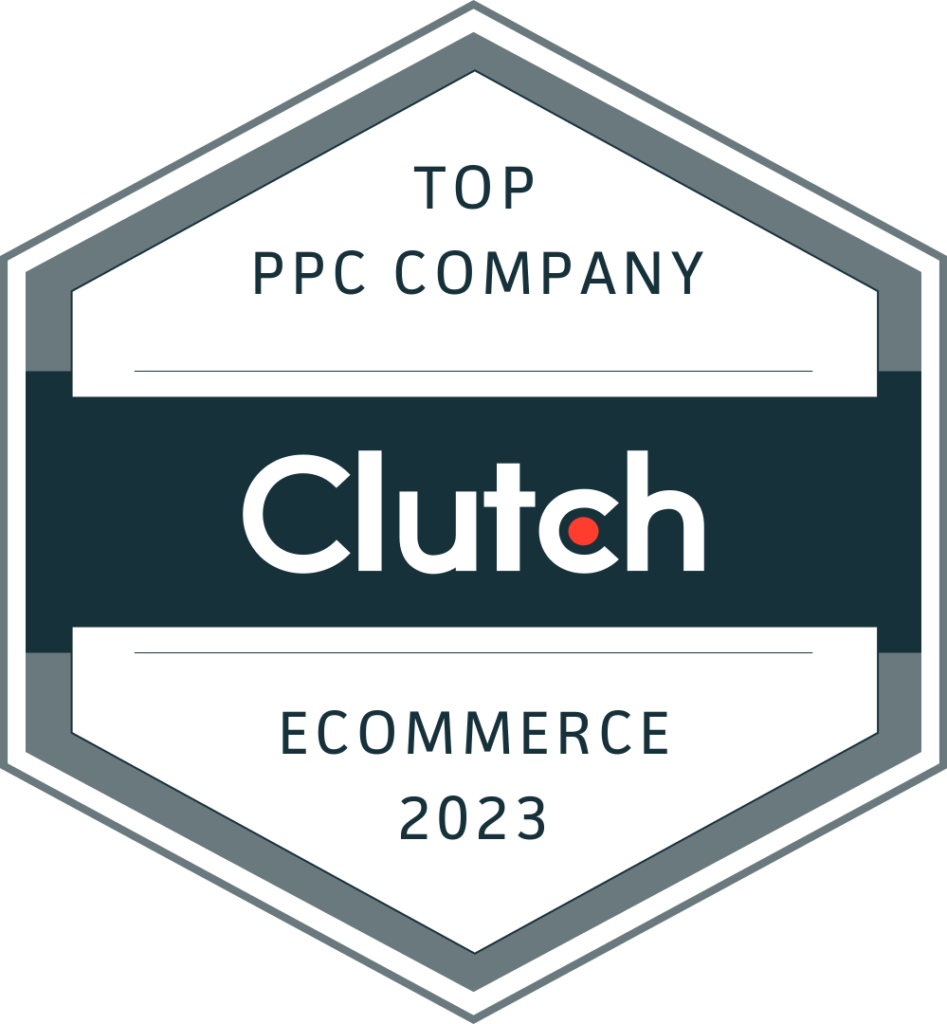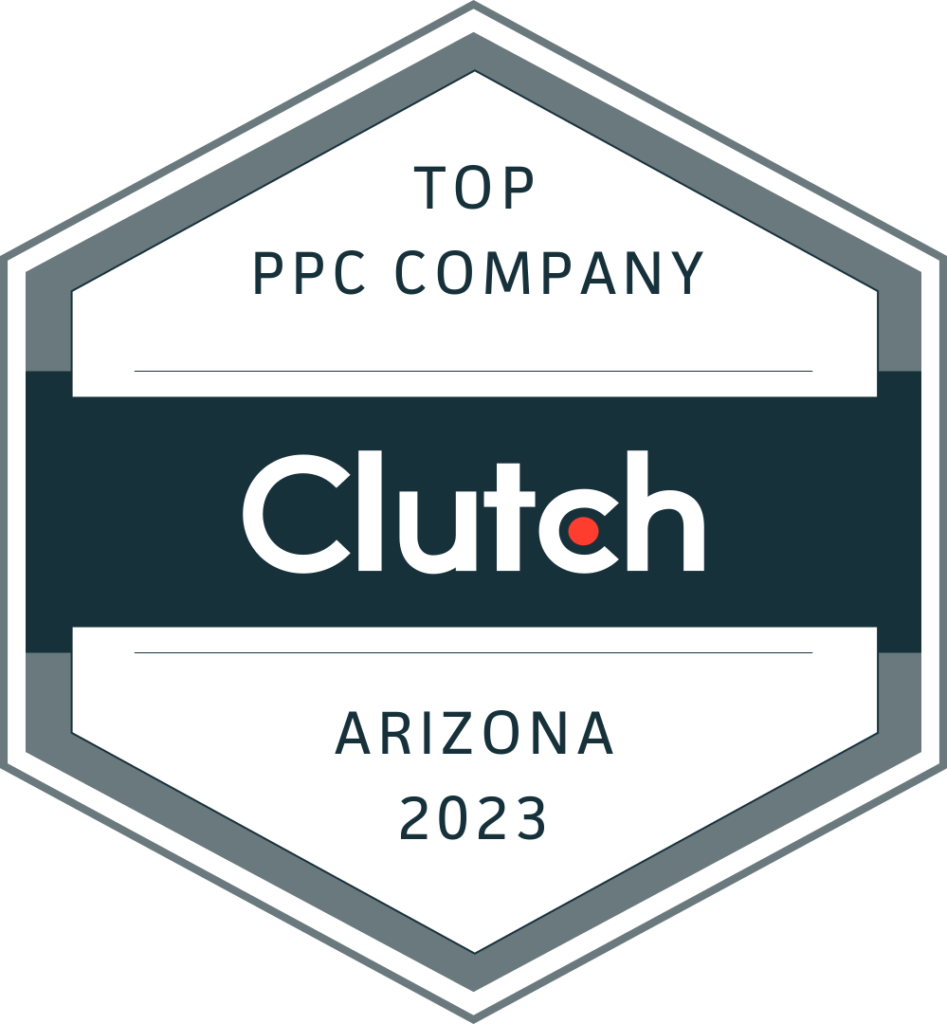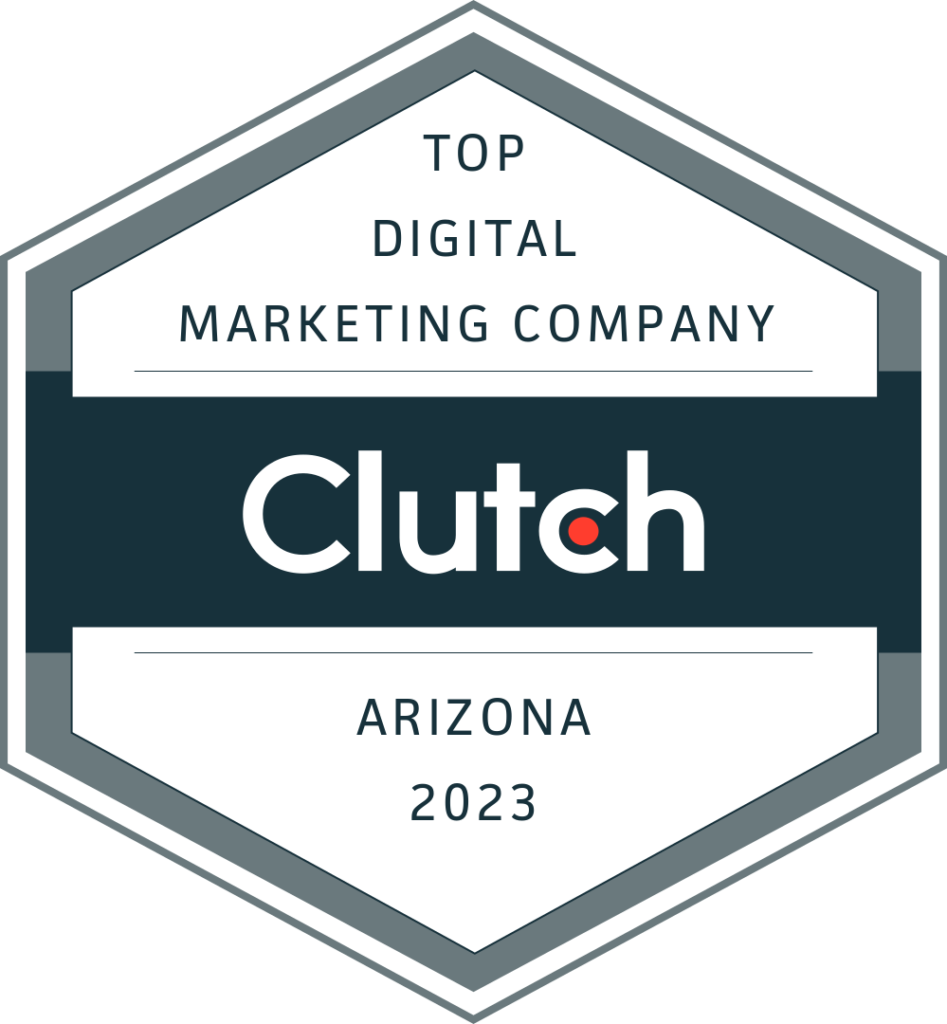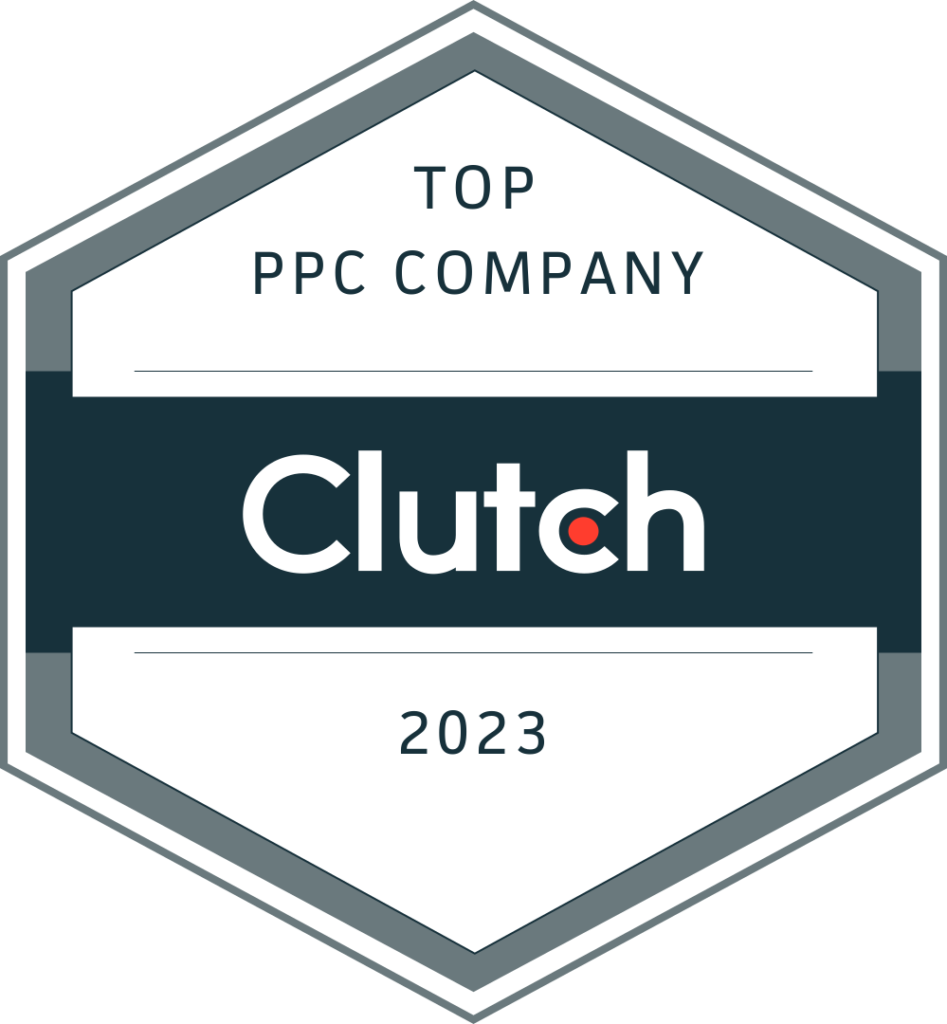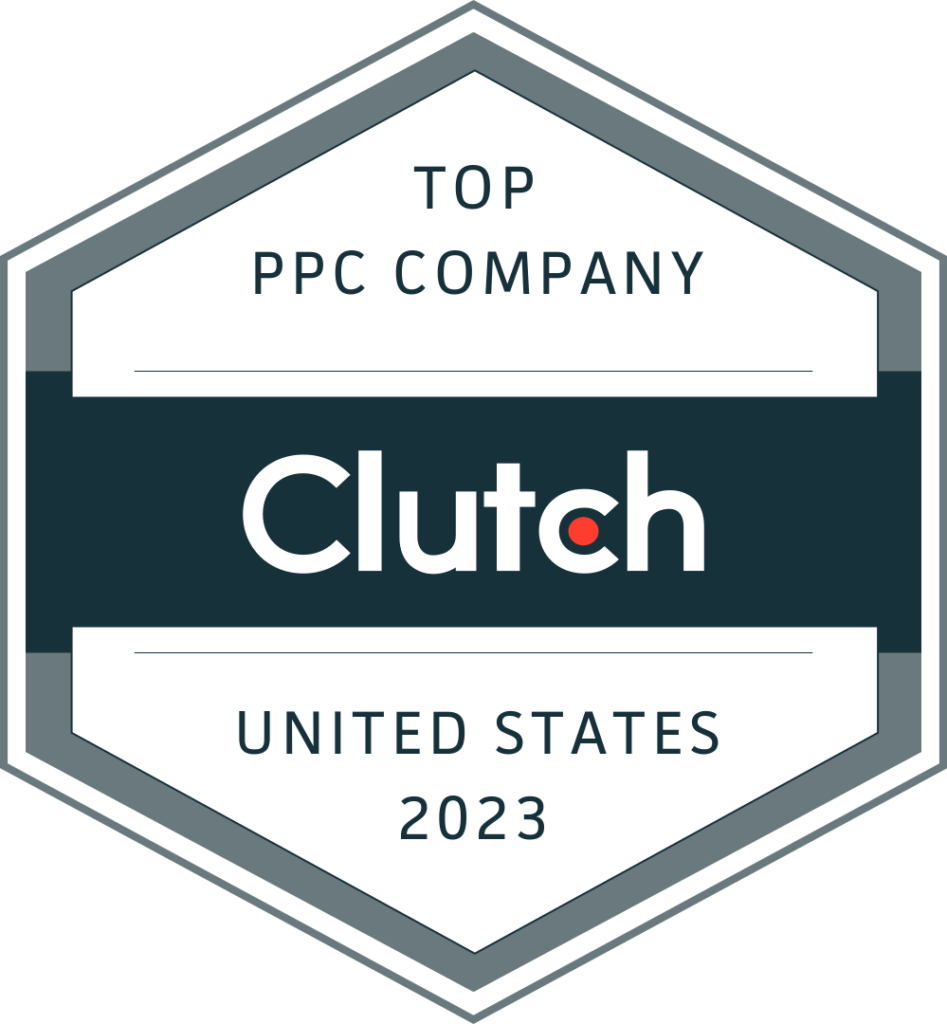
Episode 3
Should I Be Bidding On Our Own Key Terms?
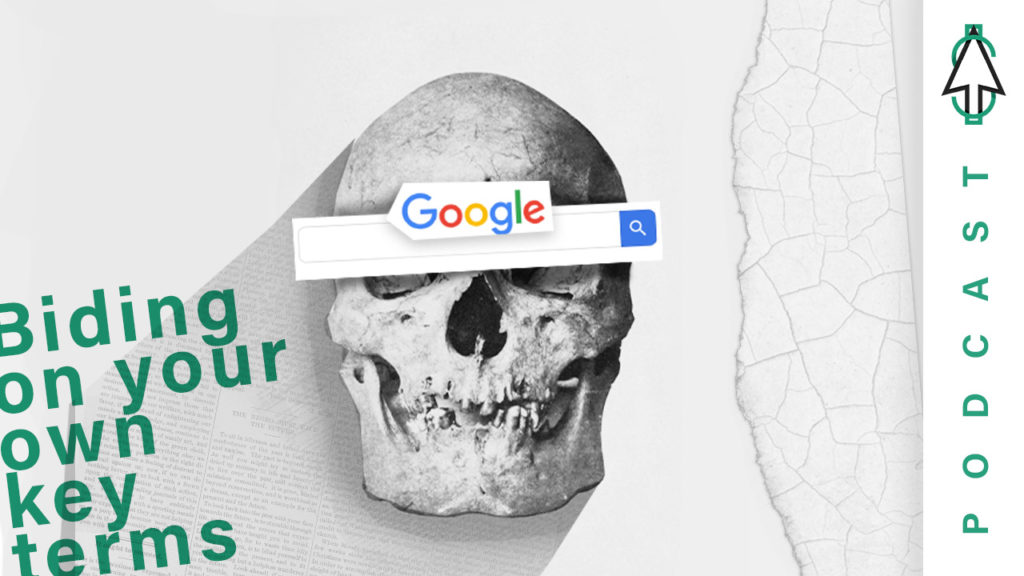
Watch
Hey, thanks for tuning into Paying for Attention, a podcast dedicated towards providing solutions to your deepest and heaviest questions regarding paid media marketing. My name is Daniel Dannenberg, creative manager and megadose. And our host, Keegan Brown is here today to talk about should I be bidding on our own brand terms. So without further ado, let’s get started. And potentially. All right, here we are. And let’s get into it and let’s start talking about should I be betting on our own brand terms?
Thanks. Tell me about this. Yes. So typically I would say most of the time, yes, there’s definitely a handful of things you might consider when doing that. And we’ll definitely get to that. But really, yes, I would say almost always you should be bidding on your brand terms, at least to test out, if that makes sense. Every organization kind of goes through that. This question, should it be bidding on my own brand terms?
And and and they really struggle with it and be in the question always is, is the follow up question is, well, if they already know our brand or if they are already our customers or if they are going to search our brand or organic listening shows up anyway, so why would we ever want to pay for that? And so today we’re going to be talking about three reasons why you should be bidding on your brand name and some reasons why maybe would it and some things to look out for.
Very cool, would you say to Colin, for just a lot of people to be super hesitant with this type of situation?
Yeah, I would say especially especially marketers who are maybe more inexperienced with paid media or come from an organization that previously didn’t for whatever reason, maybe they did test it out and realized it wasn’t for them. But, yeah, it’s almost about 90 percent of marketers that we were have worked with over the years that have that type of question.
Awesome. So you said you had a couple of points that you wanted to go across, right?
Yeah. Yeah, definitely. So really, the first point is probably to protect yourself from a tactic that you’re probably doing yourself, which is competitor conquest. So anybody knows that, you know, you can bet on a keyword that is one of your competitors by name. So especially if they have a larger brand name than yours. So, for example, if you go into your into Google right now and you search Nike, you’ll probably see ads for Adidas or other shoes out there, Puma’s new balance, anything like that.
And that’s called competitor conquest. And people are using the brand recognition that Nike has to get their own brand out there and say, hey, we either have a better shoe or better customer service or faster shipping or lower prices. That gives them the ability to get some additional awareness clicks, traffic and sales, most likely from people who initially searched Nike. So should you be bidding on your own brand name? Yes, in that case, because it helps protect yourself from, you know, three, four or even more competitors or shopping ads if you’re ecommerce from actually bidding on your on your brand name.
So and taking up that that prime real estate on the top of Google. So if you get your own ad in there, it’s going be a much more relevant. And yeah, that’s usually a really good case of why you’d want to bid on your brand.
Now, do you see that across the board with like small sized agencies, like small businesses doing that versus like midsize versus large sizes? Just everybody does this. Yeah. I mean, and and typically I wouldn’t say one hundred percent of the time, but I would say typically we see a good use case for any type of a size of company to conquest their competitors. Again, it doesn’t work for everybody, but we do see it work really well for a lot of people.
And and typically, it’s going to be your closest competitor. If you’re a brand new shoe company, you probably don’t want to try and compete with Nike’s brand name.
But just out of the league. Yeah, I mean, Soubry.
I mean, if you’re looking for Nike, maybe you’re going to buy Adidas, maybe buy, you know, a couple of different types of brands of shoes. But I mean, I could buy a brand new nobody’s ever heard of. Right. But now if you if you are if you are a mortgage loan provider and there’s one that’s very similar to you in size and the services they provide, the pricing, all that, that might be a good option to to jump in and actually try and steal some of their traffic through their brand name.
But you don’t want to try and compete with somebody out of your league, especially if they have you completely beat on price or quality or just overall brand recognition. You want to kind of do that one step above not not 10 such above.
Is there any particular industry or type of client that’s a little bit picky towards this type of I mean, I would say everyone seems to be a little picky. Yeah, e-commerce is definitely one where we’ve seen be very picky. And the reason is, is because e-commerce, they want people to come back to their site and purchase the key customers, the longer lifetime value that they get other customers. So people are coming back and searching their brand name over and over and over again.
And that’s typically what we see is is a hesitancy with our clients as e-commerce. And and it’s it’s not a bad hesitancy. I think that there’s some really legitimate concerns about that. And I think that, again, if you know that that customer’s coming back to purchase from you anyway, why pay for it? Well, one, again, if you if if Nike is your brand and somebody is bought from you several times, but this time they search and they see an Adidas shoe that looks very similar or a little bit better or slightly lower priced, you might be losing out on that customer if you don’t have an ad, they’re showing something that’s competitive.
So definitely something that you want to pay attention to. And because it’s your own brand, your quality scores are good. Hopefully going to be nines or tens, which means that your cost per click is going to be very, very low compared to your competitors. So when you also bid on your brand name because you have competitors out there, conquest in or near brand, what happens is they’re going to be paying a very high premium. So if they’re going to conquest on you, let’s make them work for it and and pay a very high premium to actually get that click.
Gotcha. OK, now you also said something you said or you talked about competitive conquest. This kind of the first thing. What about the second what are what are some more.
Oh yeah. Yeah. So, um, the other one that is important and Google has done a ton, tons and tons of research on this, which is incremental click through rate. So basically what that means is that when your ad and your organic listing is showing and if you’re a local business, maybe you have your GNB page showing as well over on the right hand side, it increases the credibility that you have with that search. So they see your ad showing up, they see your your organic listing, maybe they see your GMB, maybe they see your shopping ads if you’re ecommerce.
So you’re kind of everywhere on that page. You’re dominating that search. And even though it’s your own brand name, people want to see that. And that provides additional credibility and that to that search for an authority and it increases the click through rate whether if you just had just one or the other. And there’s a lot of data that suggests that that’s true. And there’s even ways that you can do that within your own Google ads account to see the incremental clicks rates not only on your brand terms, but on other search terms that are in there for other terms that you might be ranking really well for or vice versa.
On the if you weren’t ranking very well, you could see the click through rates that you get just from your ads. So definitely something that provides incremental click through rate. It’s very similar to the idea where with organic, you want your website to show up, you want your GMV to show up, you want your LinkedIn profile to show up, your Facebook, your Twitter, your Glassdoor, all those. You kind of just own the whole page when somebody searches because as soon as another competitor gets in there, that gets a search or thinking, well, let’s see what they have.
If you dominate that page, much more likely, a lot more options for that person to click and find your brand instead of a competitor.
Yeah. You want to remove those options? Yeah, definitely. What about and we’ve talked about this before, what about something like controlling the message within the ad? Yeah. So that’s that’s really the third option and the third reason to really do that. And so especially if you have more traditional marketing going on. So radio, TV, billboards, if somebody hears a radio ad in their car, they’re obviously hopefully not pulling out their phone and doing a quick search.
But when they get back to their home or their office, they go and do a search for the keywords or they call the action from that radio ad. And you can bid on that specific term. It could be if you are a lasic company and you are, you know, Dan Dannenberg classic and somebody searches that you can control the messaging in that ad, that is kind of is a reference point from the radio ad. So it could be a certain promo that they have going on like five hundred dollars off each eye for Lasik or come in and get your free consultation, whatever that is.
You can match that radio ad to the the ad within the Google, as well as the landing page and the entire experience moving forward. Whereas with organic, if you’re just relying on organic to capture that, usually what’s going to happen is if they search your brand name with Lasik, you’re going to see your ads show up hope for your organic listings. So hopefully there’s not too many competitors, but they’re going to take you to the homepage and they’re not going to see the promo.
They’re not going to see the messaging in that listing. Right. And if they do search that ad and your competitor knows and it kind of is goes back to the first point of competitor conquest thing, if the competitor knows that you’re running a certain promo, they could try and compete with that promo or have something else. And you might be losing customers or at least clicks to your site for that. They already paid for with their radio ad. Now you’re losing them to that because you don’t have an ad that speaks to that radio ad in the whatever you were discussing the call to action.
Yeah, that’s that’s getting into that world of, you know, making sure that brand consistency. Right, exactly. But how far you mentioned the traditional aspect once you start getting into traditional. That starts getting in talk radio. How common is that and does it go further than radio with old fashioned I can’t say old fashioned. It’s a print still very active, I believe. But does it get into that? I mean, we’ve seen clients break out and start doing mailers and.
Yes, like that. So I love that. Yeah. Yeah, I think I think it depends on on the industry. Right. If you’re even even actually I would say for the most part, yes. Even if you’re a software company and you know, you’re not probably doing a whole lot of TV commercials. Right. Especially if you’re B2B SAS, even if you’re not doing a whole lot of commercials or mailers, because you probably not. I know because of our experience with software companies that you probably do a lot of events.
Right. You probably going to a lot of conferences, probably doing a lot of that marketing where you have more traditional marketing. Right. You have banners. You have, you know, pieces, you know, some some print marketing in there. They hand off, you have some swag, maybe, you know, they might just see your name or you might have a speaker there if if you really want to control that brand consistency, using your brand terms in in Google Earth or being if you’re using it, that is going to help you control that messaging through their entire journey rather than just seeing the homepage and the normal organic listing that’s going to be there for, you know, 90 percent of your other traffic.
But for that really controlled messaging, the ad and the landing page that you can control with Google ads, it’s definitely worth bidding on your brand terms for.
Yeah, this conversation can easily get into talking about QR codes and use of that, but we’re not going there. I don’t think anybody wants to, though. They seem to be on a comeback. OK, so we’ve talked about. You know. Competitor conquest, right, incremental clickthrough rates, and we’ve talked about controlling the message within the ad, what else would you add overall on top of that? Is there something you would sum it up or even if there’s like three takeaways that you would give to those listening or watching it?
Yeah, you know, I think, you know, I would always say, like I said, almost always I say, yes, try it out at the very least. Now, the few takeaways that I would do coming out of this podcast, this is let’s start with a brand campaign. But you definitely want to, one, have some negative keywords in there. If you’re e-commerce, you probably don’t want to be bidding on your brand name plus returns or refunds or customer service, which is very common.
Yeah, if if you’re Nike, for example, somebody might be saying refund my Nike or Nike customer service. You probably don’t want to be spending money on people who are probably not too happy with your brand already. Let’s let’s have them go to your website and find, you know, the customer service number and give you a call or find the shipping or the refund kind of a two page rate. So that’s a big one. You also probably don’t if you especially if you’re software or anything like that, you probably want to have like a brand name canceled or or competitors or something like that.
You want to make sure that you’re kind of owning that in a positive way and not wasting money there. If you are a local business or if you have multi location and you’re more retail, you want to look out for search queries like phone number address. But those types of things where if you’re again, if you’re a LASIK center, if people are searching your brand name, what we’ve seen, at least in our experience, is things like people who are looking for the address to go to their appointment.
You want to pay for that, that that lead that you’ve already paid for in some way of marketing. Right. They’re already booked. They’re already going to their appointment. They’re just looking for an address or phone number to call or confirm their appointment. Let the GMB page do that for you. Let your organic do that for you. You know, that’s what you want to watch out for. And then if you’re like, you know, if you’re a university, this is something that we see a lot.
Should we be bidding on our terms for Arizona State University or University of Arizona? Again, maybe. Um, but I would look out for things like class schedule or calendar or admission deadlines, things like that that you probably are not going to want to pay for. And so really measuring that and then measuring the consistency and the the brand lift that you get from running a brand campaign.
Very cool. What about I would ask if I was a client getting into this and I was hesitant about wanting to do. Dove into, you know, bidding on my own brand terms, what are words like, is there an easy way? Is there a simple way to kind of test the waters a little bit? Or is this a situation where you just got to dove right in and just do it, rip the Band-Aid off, I guess? Right.
You know, just.
Yeah, I mean I mean, it depends on your comfortability with Google ads in this example, how much you want to spend. Yeah. Yeah.
But I mean, you can control it, right. Like you can say I only want to spend twenty dollars a day or ten dollars a day or whatever you can say. I only want to show up for between eight and five and maybe that’s because that’s when your commercials are running. Or maybe that’s because that’s when your call center is open or if your radio ad is running right. Like if that’s the purpose of it, you can you have a lot of control there to say only run during when people who hear the radio ad are probably going to be hearing it in a few hours after.
And then you can quickly just throw in some negatives again based on your industry that allow you to filter out people you probably just don’t want to pay for. That’s the way I would get started. And again, it’s pretty easy to pause and see and just look at the results, say, was this worth it? Again, typically to see really low cost per click, you can see really low cost per conversion. It’s just a good way. What I would highly recommend is make sure you’re not paying for current customers too much, at least if you’re if you’re not e-commerce and if your e-commerce make sure it’s very profitable and you know, and you can always test, you know, if I run Brand for one week versus the next week, I don’t do I actually see incremental lift in sales versus the other week?
If not, then maybe you don’t need a brand. If you do, you know, it’s it’s definitely probably worth it to to capture those more top funnel searchers who are just or I guess people have already heard your top of funnel messaging and marketing that are coming back and actually searching a brand now.
Yes, that makes more sense to me and to me from what I’ve gathered and in our discussions and from hearing about it and especially here at megadose, is that it always feels like the client. It’s more like a myth, right. This legend of, oh, don’t don’t do this with your own brand terms, but you don’t know until you do it, right. Yeah. Or you don’t know what you don’t know. Yeah, I could say that.
But it’s one of those situations where it’s like. I see. Ah, you know, analysts here just like, well have you tried it. Yeah. And you have to try it. It’s like a B testing with things, you know, you’ve got to test it to see if it works for you or not. What works for one company may not work for another. You can’t say, oh well, these companies tried it and it doesn’t work.
But have you tried it for you?
Yeah, yeah. That’s a that’s a really good point. Always, always worth a test at least. And again, with with something like a any sort of paid media, it’s usually very quick on and off. If you want it to be, you turn it on tomorrow. You could turn it off the next day. If you need to keep it running for 30 days, give it a test, try it out and see what happens. But I’d say, you know, eight, nine times out of ten, it’s probably worth right.
I mean, it’s I think they look at it as well. It’s a lot of money, kinda in a way. But now, you know. Right. You’re paying for knowledge of knowing, OK, we don’t need to do that and then you just move forward from there. Exactly. Very cool. Well, there’s a lot of good information that we’ve got today. And, you know, I think the biggest takeaways that you’ve given have been wonderful.
And I think that we can conclude with this with, hey, you should do it right. Give it a try. Give it a try. It can’t hurt. All right. Thank you, everybody, for tuning in. And we’re out of here.
Listen
Your Shows Hosts
Have a Question?
If you have a question regarding paid media, fill out the form below and we will do our best in answering it in our show.
